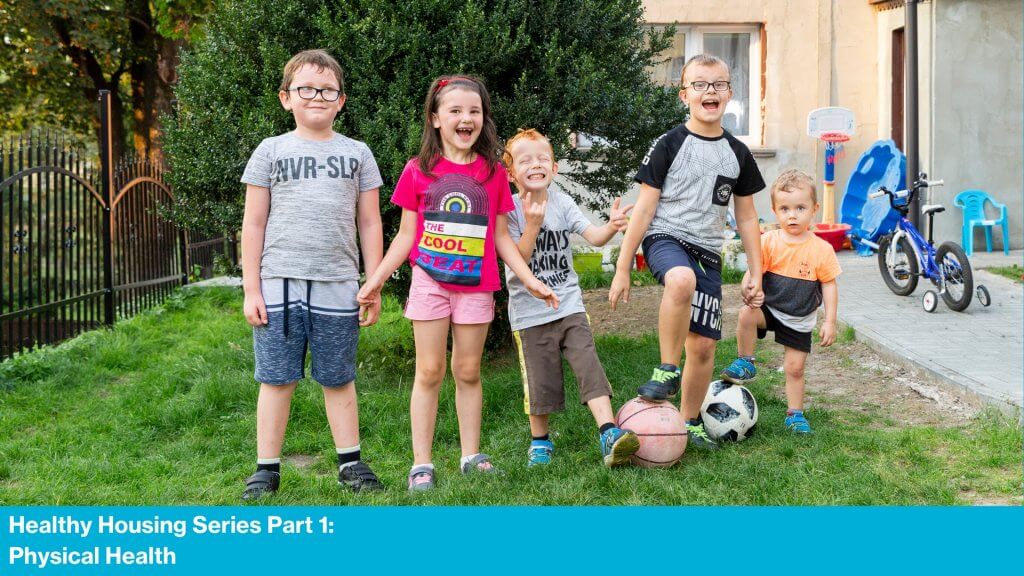Building a Healthy Home for Children

Building a Healthy Home Environment for Children
The home environment is considered to be one of the most important factors in the neurocognitive development of children. This is especially true in the first years of life when a child’s experiences are predominantly dependent on what is provided by their parents.
The home environment consists of physical and social components, such as household possessions, play materials, parent-child interactions, family size, and structure. Favorable surroundings provide the psychological stimulation and support necessary for optimal development of early cognitive skills. These factors have been proven to lead to education and employment success later in life.
Creating Space to Grow
When a child doesn’t have space to freely move around, normal development can be hindered. A healthy home environment allows children to thrive and reach important developmental milestones that lead to long-term health. For example, gross motor skills help children achieve many tasks that may seem minimal to adults such as learning to walk.
In an overcrowded living space or home full of clutter, children are not safe to be placed on the ground, which can stunt their development. By having floor time and tummy time, children learn to roll, crawl, pull to stand and subsequently walk. This activity enhances brain development which is key to language skills, problem solving skills and fine motor skills. Clutter and crowding in the home can prevent the child from being able to communicate their needs and wants, and exacerbate underlying mental health concerns.
The Importance of a Healthy Home
Children need room to run around and play outside and inside the home. They need an organized, clutter-free environment that promotes imaginative play.
Unfortunately, families of low socio-economic status are forced into choosing food to feed their family over a safe home environment with a yard and room for children to play safely.
Parents living in cost-burdened homes are often unable to provide stimulating materials for their children such as toys and books. A review of research indicates that crowded and inadequate housing increases tension, punitive punishment, aggression and conflict within the household. These conditions can also increase sedentary behaviors, reduce the ability to cope with stress, negatively affect quality of sleep, lead to inflammation and raise the risk of obesity.
A healthy home environment can transform the daily lives of children and create the foundation for long-term physical and cognitive health.

Kristy Beron, APRN, is an advanced practice registered nurse at AdventHealth Medical Group. She specializes in preventive health, acute and chronic illness management, test administration and interpretation, cardiac medicine and urgent care.
To schedule an appointment with Kristy Beron, call 352-343-3330 or visit AdventHealthMedicalGroup.com.

